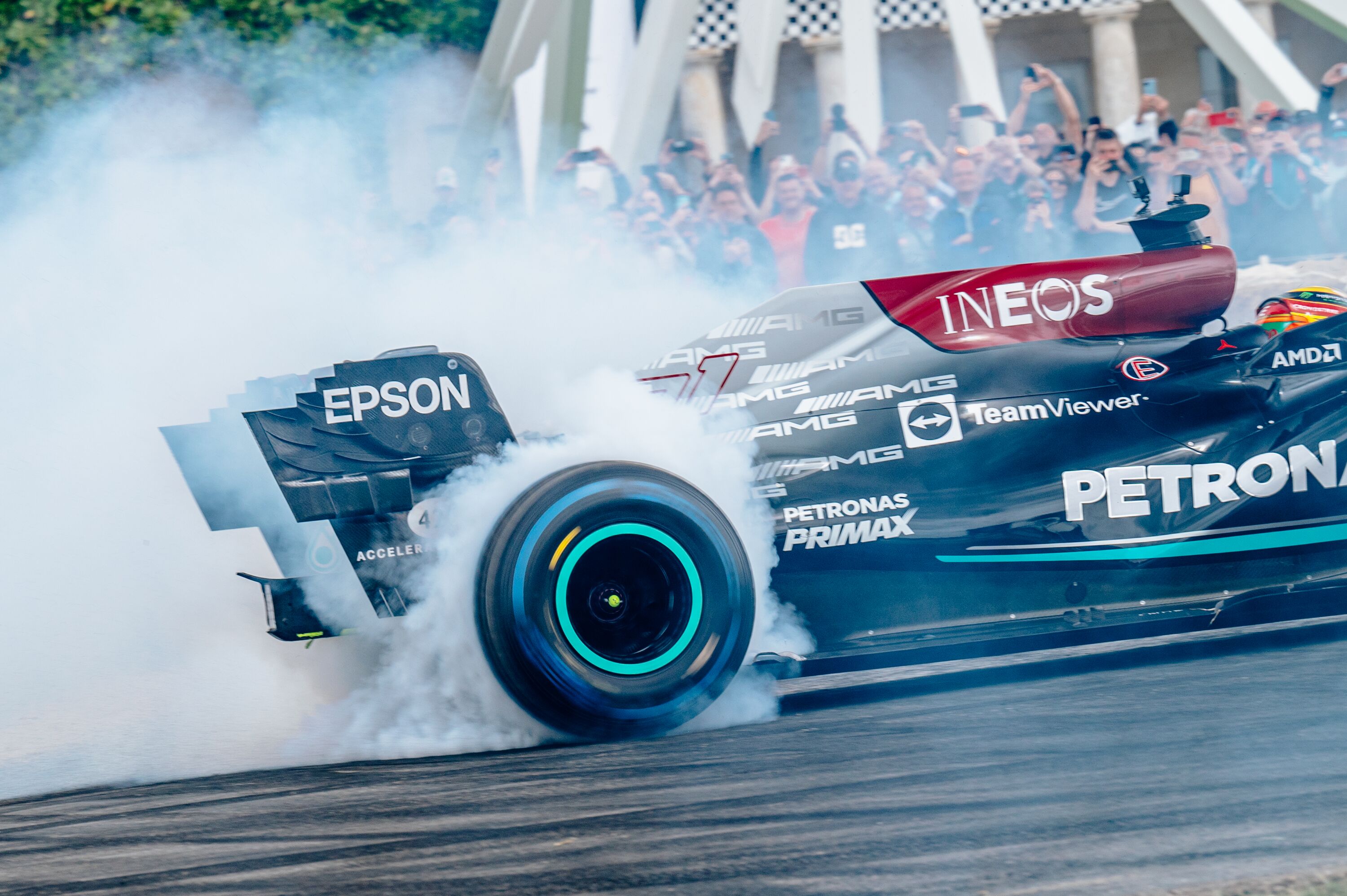EVs need to offer more than just cheaper running costs
 Erin Baker
Erin Baker
Just five years ago, if you wanted to buy a car that was doing credible things to be more planet-friendly and less carbon-friendly, you had a choice of a few expensive electric models, or something with a random passenger foot mat that was “20 per cent recycled fishing net”. It was embarrassing to hear car brands crow about such a minor achievement, and highlighted just how far manufacturers really had to go to be within touching distance of a carbon-neutral future.

But now, just a short hop later on the extensive timeline of automotive history, brands are getting serious, and taking significant steps to lower the carbon footprint of each vehicle, from its inception to its 100,000th mile. And not before time – not only do customers want to see proper vegan interiors and the abolition of the more egregious materials, but electricity is getting very expensive and EVs are about to make zero financial sense for customers. The price of electricity at some public charging points has risen 42 per cent in just four months, to almost parity with petrol. If drivers can’t justify the 37 per cent higher price tag of an EV with negligible energy costs to power it, the Government may seriously have to think about reintroducing financial incentives to buy one.
So once again, it’s down to the OEMs to do everything they can to make their cars attractive products for those wanting to make the switch. And, while they can’t do much about public charging tax levies and the rising cost of energy, they can accelerate the mitigation of each car's lifetime carbon shadow.

BMW Group will introduce its first fully vegan-interior cars next year, having finally produced leather-replacement materials it’s happy with. The group claims substituting leather reduces the CO2 emissions of those parts’ value chains by 85 per cent.
Skoda is joining BMW with upholstery for its Enyaq electric SUV made from 70 per cent recycled plastic (PET) bottles. Its door umbrellas (yes, it’s matching Rolls-Royce these days in some of the detail) are to be made entirely from recycled materials with a hemp-woven handle. When they break, customers will be asked to bring them back in to be fixed and reused. I trust Rolls-Royce is doing similar, although perhaps hemp handles are a step too far for the marque’s clients… Skoda is also working with the Treves Group which cleans, disinfects (thank goodness) and shreds old mattresses that would otherwise clog up landfill, for acoustic insulation.

In isolation, these all sound like random, isolated initiatives (some cynics might even say PR stunts) that are really small beer in the grand scheme of things, but consider the annual global production volumes of Skoda and BMW, and you’ll begin to realise that every little really does help.
BMW Group has another clever trick up its sleeve, this time an engineering idea: circular battery fuel cells for its electric cars from 2025 onwards. Energy density, charging speed and range all benefit from this development but so too, most crucially in these days of economic turmoil, does cost. BMW Group claims the cost for the whole high-voltage battery (which is still lithium-ion) is up to 50 per cent lower than that of the current generation, which would be truly seminal. The group also claims range improves by 30 per cent and charging speed by 20 per cent. Carbon emissions from the production of the cells should be reduced by 60 per cent, according to Frank Weber, member of development on BMW Group’s board. The company plans to achieve this in part by using a percentage of lithium, cobalt and nickel that’s already in the system, rather than mining more raw materials. It will be interesting to see exactly what percentage that ends up at, although work has begun in China already by BMW to create a closed-loop, circular system for the second-life use of all three materials.

At the same time, BMW is pushing forward with the development of solid-state batteries and intends to have series production ready by 2030, with a demonstrator available by 2025.
Just when you think all is lost for motorists in the great energy and economic crisis we now face, and we may well revert all the way back to four-cylinder diesel engines if our collective handcart keeps barrelling towards the hell of economic Armageddon, as usual, a beacon of hope comes from the brands themselves. May their light keep shining bright.
Sustainability
EV
Electric Avenue
BMW
Skoda





































































